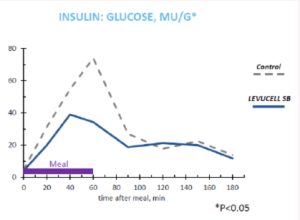
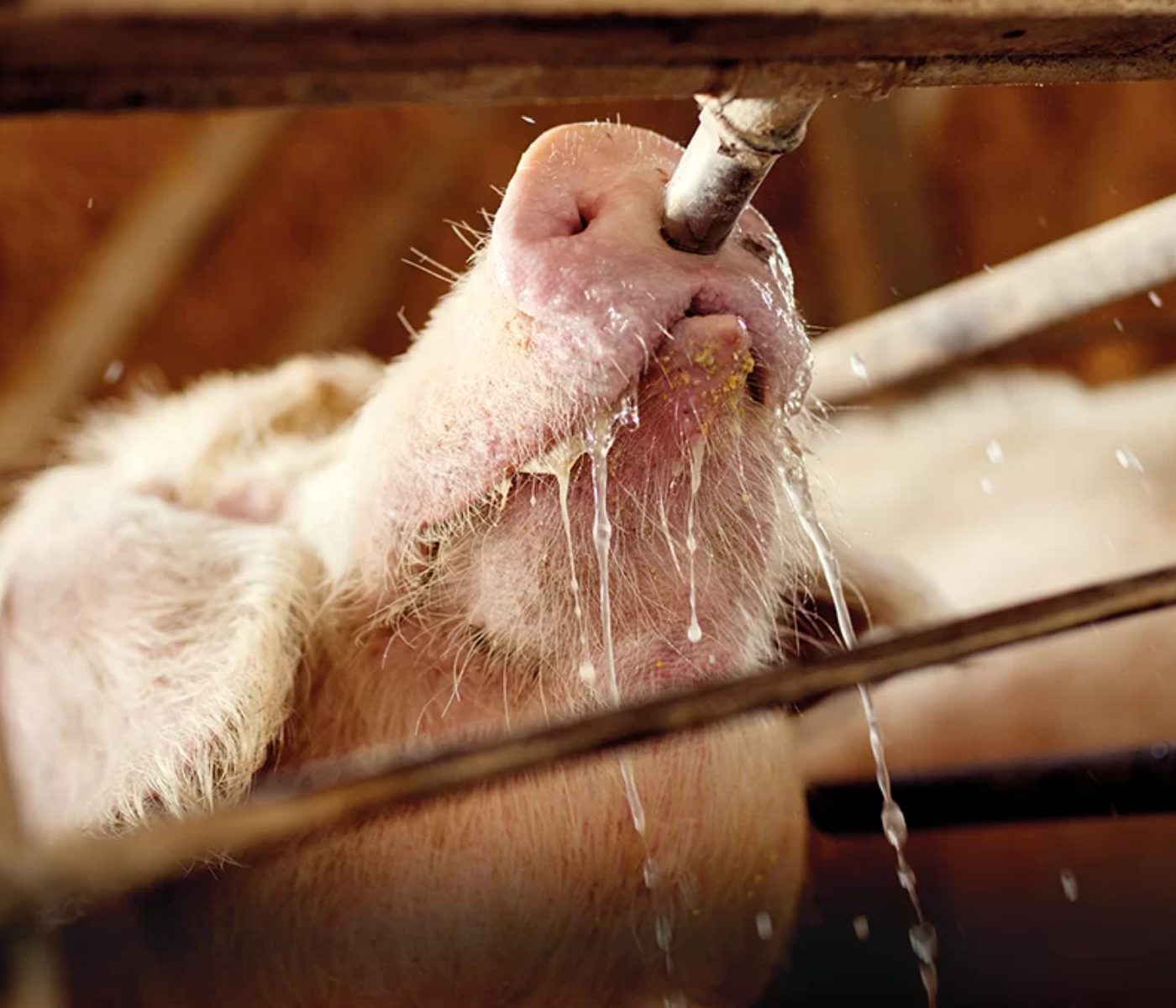 07 Mar 2024
07 Mar 2024
Findings suggest that feeding live yeast can mitigate the impact of heat stress on pig performance and well-being.
Heat stress is becoming a major concern for high producing animals in all areas of the world. Heat stress can have negative consequences on feeding behavior, growth performance and animal welfare.
Data have shown that feeding the live 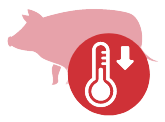 yeast Saccharomyces cerevisiae boulardii CNCM I-1079 (LEVUCELL SB) can help alleviate the effects of heat stress on pig performance and well-being.
yeast Saccharomyces cerevisiae boulardii CNCM I-1079 (LEVUCELL SB) can help alleviate the effects of heat stress on pig performance and well-being.
A 4-year research program conducted by doctoral student Aira Serviento in partnership with Etienne Labussière and David Renaudeau of INRAE took a deep dive into the mechanisms of heat stress in swine (2022), which also shed light on the live yeast’s modes of action.
Higher insulin sensitivity
A trial was conducted using metabolic chambers to evaluate the effect of live yeast supplementation and feeding frequency in male finishing pigs subjected to heat stress (Serviento et al., 2022). It complemented previous studies (Labussière et al., 2022) by looking deeper into the metabolic pathways involved in heat stress adaptation.
Findings show increased resistance to heat stress, which was possibly attributable to improved insulin sensitivity of the pigs fed live yeast. Their insulin:glucose ratio was significantly lower around meals (Figure 1). This may contribute to higher energy efficiency under heat stress.

Figure 1: Effect of Levucell SB supplementation on the insulin:glucose ratio during heat stress (Serviento at al. 2022).
Improved sensitivity to insulin can be explained by two main mechanisms of action of the live yeast:
 It is noteworthy that in humans — where the live yeast S. boulardii has been widely documented for 100 years — S. boulardii supplementation has been reported to attenuate diabetic related complications such as hyperglycemia (due to impaired insulin activity or production) by microbiota modulation and improved immune responses.
It is noteworthy that in humans — where the live yeast S. boulardii has been widely documented for 100 years — S. boulardii supplementation has been reported to attenuate diabetic related complications such as hyperglycemia (due to impaired insulin activity or production) by microbiota modulation and improved immune responses.
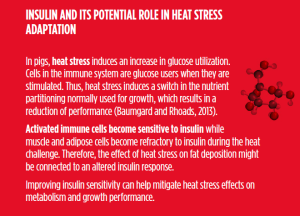
Improved thermoregulation
 During heat stress, water evaporation through panting represents the main mechanism for heat dissipation in pigs and high temperatures increase water requirements.
During heat stress, water evaporation through panting represents the main mechanism for heat dissipation in pigs and high temperatures increase water requirements.
Interestingly, the trial conducted under controlled conditions (respiratory chambers), indicates increased water intake, especially around meals, for the live yeast supplemented pigs. This, in turn, increases the pigs’ ability to dissipate heat through water evaporation (Figure 2).
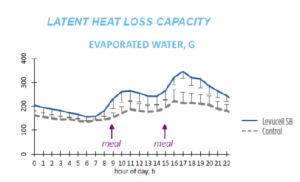
Figure 2: Effect of Levucell SB supplementation on pigs’ body temperature during heat stress (Serviento et al. 2022)
As a result, the pigs’ body temperature went down quicker after a meal as compared to the control, indicating an improved thermoregulation response and heat dissipation with the live yeast. This represents another mechanism of adaptation to heat stress challenges assisted by live yeast (Figure 3).
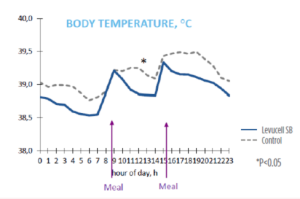
Figure 3: Effect of Levucell SB supplementation on pigs body temperature during heat stress (Serviento, et al. 2022)
Preserved feeding behavior and energy metabolism
The study also evaluated the benefit of the live yeast on pigs’ feeding behavior, metabolism and growth performance. Indeed, under heat stress, pigs tended to eat less and divert their energy metabolism from growth.

In pigs supplemented with live yeast, the impact of heat stress on feeding behavior was alleviated. As previously shown by Labussière et al.: animals significantly increased their meal frequency (Figure 4) and, thus, their total feed intake.
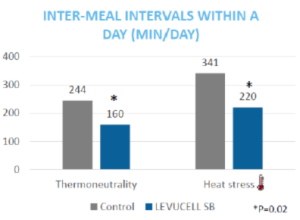
Figure 4: Effect of Levucell SB supplementation on feeding behavior during heat stress (Serviento at al. 2022)
Better adaptation to heat stress conditions in live yeast supplemented pigs resulted in enhanced energy retention, which also confirmed previous findings (Figure 5).
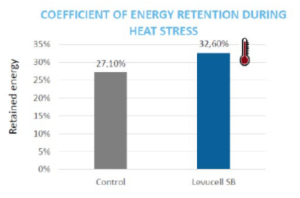
Figure 5: Effect of Levucell SB supplementation on coefficient of energy retention during heat stress (Serviento at al. 2022)
In conclusion, improved heat tolerance of live yeast supplemented pigs lies in their ability to maintain the dynamic equilibrium between heat production and loss throughout the day.
Recent research has established a relationship between the gut microbial composition and the pig’s metabolic adaptation to heat stress.
In turn, feeding behavior, water intake, energy utilization (insulin sensitivity) and, thus, growth performance and welfare are better preserved. Levucell SB represents an interesting tool to help animals cope with increasing heat stress conditions.
You may also like to read: “

REFERENCES
Subscribe now to the technical magazine of animal nutrition
AUTHORS

Hybrid Rye Potential in Laying Hen Feed Rations
Gwendolyn Jones
A day in the life of phosphorus in pigs: Part I
Rafael Duran Giménez-Rico
Use of enzymes in diets for ruminants
Braulio de la Calle Campos
Minerals and Hoof Health in the Pregnant Sow
Juan Gabriel Espino
Impact of Oxidized Fats on Swine Reproduction and Offspring
Maria Alejandra Perez Alvarado